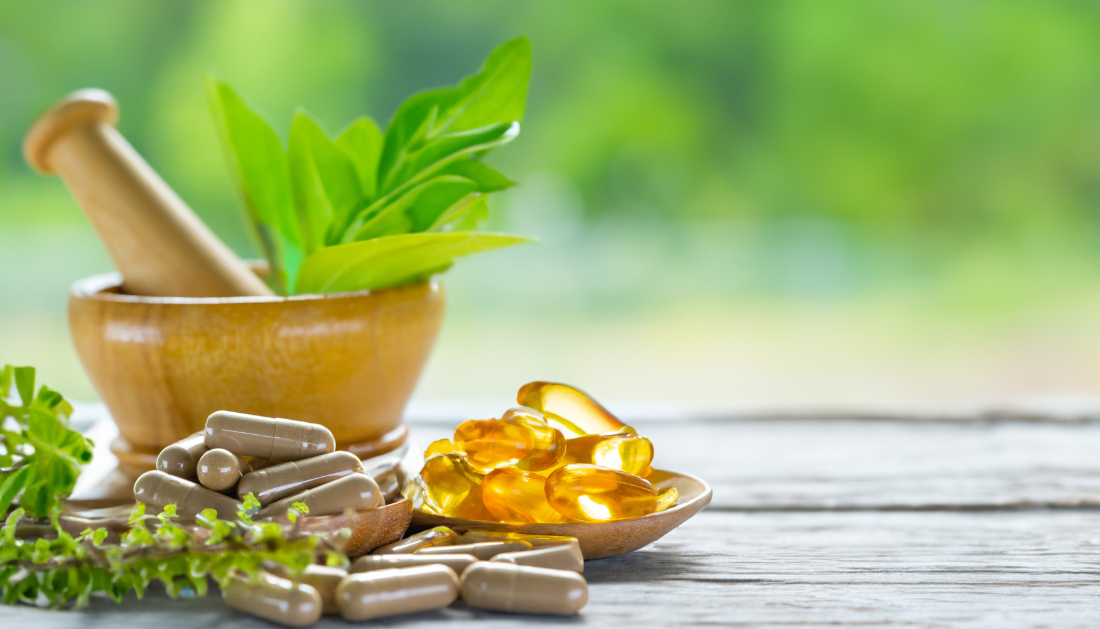

An OHSU human trial is investigating the effects of the Gotu Kola, one of the most commonly used herbal supplements on blood biomarkers and brain imaging.
Dietary supplements abound on store shelves, and some of the plants included in them have been taken for millennia to treat a variety of human ailments. Consumers seeking relief from health issues and diseases, on the other hand, may ask if they are genuinely effective.
A new clinical research at Oregon Health & Science University will try to find out, beginning with a plant used in nutritional supplements that is said to help memory.
OHSU is looking for adults aged 65 to 85 with moderate Alzheimer’s disease or cognitive impairment to participate in a pilot study investigating a precisely prepared extract of the herb Gotu kola (Centella asiatica). The study is centered on the herb’s stated effects in memory enhancement and cognitive decline prevention. The trial does not directly assess memory; rather, researchers are looking for a signal, or biomarker, in blood samples and brain imaging studies that may indicate Gotu kola’s ability to boost memory.
It is the first clinical study to examine a plant used in dietary supplements since the establishment of the OHSU plant Dietary Supplements Research Center in 2020, while the trial is based on considerable foundational research completed prior to the center’s establishment.
Andrew Clark, 83, of Pendleton, said he was delighted to go all the way from Eastern Oregon to witness the trial.
“As I’m going down this path of dementia, it isn’t a very happy trip,” he told me. “But if we can learn anything from my case that will lead to something like prevention or mitigation of dementia in other people to make their path easier or happier than mine, that will be good.”
He, like all other participants, stands a 50% chance of receiving an inert placebo rather than the prepared Centella extract. Clark says that’s fine with him. As a former Oregon State Veterinarian with a scientific background, he recognizes that double-blind randomized controlled studies are the gold standard of research.
Clark, a columnist for the East Oregonian, is aware that whatever he consumes will aid in the application of scientific rigor to a popular dietary supplement. Gotu kola is marketed as a memory enhancer, as well as for treating wounds and alleviating symptoms of psoriasis, a skin disorder.
“I am very happy to be a lab rat,” he remarked.
Botanical investigation
Clark is one of the trial’s early participants, having completed years of preclinical research before enrolling in the spring of 2023.
In collaboration with Oregon State University and Redmond-based herbal supplements company Oregon’s Wild Harvest, OHSU researchers conducted preclinical experiments and early human pharmacokinetics studies, including precisely formulating the dosage and chemical composition of the Centella extract after first testing it in mouse models of Alzheimer’s Disease.
“The whole idea of the center is to build up the kind of preclinical information you need to do good clinical trials on botanicals that are used in dietary supplements,” said Amala Soumyanath, Ph.D., center director and professor of neurology at OHSU. “With Centella, we’re at that point.”
The researchers will see if consuming the herbal supplements extract every day for six weeks modifies biomarkers in the blood and brain related with cognitive wellness. The trial will include 48 people, with half receiving the extract and the other half receiving a placebo to drink daily for six weeks. Participants are subjected to blood samples and brain MRI scans at the start and end of the trial.
The researchers do not anticipate people to improve their memory after only six weeks.
“The goal is to see if this herb does anything in the body related to memory,” said clinical trial coordinator Alex Speers, N.D., assistant professor of neurology at OHSU. “We’re not going to be able to show that it improves memory in this pilot study.”
If the pilot study finds a statistically significant signal in the blood and brain scans, the next step would be to construct a much larger Phase 2 clinical trial with hundreds of people spread out over months rather than weeks.
The research could eventually lead to a botanical treatment for memory loss as well as more effective botanical supplements on the market.
“It might lead to manufacturers making better botanical products similar to this,” Soumyanath went on to say. “Because we know precisely what’s in here, they might even be able to standardize production with the active compounds.”
more recommended stories
 Anxiety Reduction and Emotional Support on Social Media
Anxiety Reduction and Emotional Support on Social MediaKey Summary Anxiety commonly begins in.
 Liquid Biopsy Measures Epigenetic Instability in Cancer
Liquid Biopsy Measures Epigenetic Instability in CancerKey Takeaways Johns Hopkins researchers developed.
 Human Antibody Drug Response Prediction Gets an Upgrade
Human Antibody Drug Response Prediction Gets an UpgradeKey Takeaways A new humanized antibody.
 Pancreatic Cancer Research: Triple-Drug Therapy Success
Pancreatic Cancer Research: Triple-Drug Therapy SuccessKey Summary Spanish researchers report complete.
 Immune Cell Epigenome Links Genetics and Life Experience
Immune Cell Epigenome Links Genetics and Life ExperienceKey Takeaway Summary Immune cell responses.
 Dietary Melatonin Linked to Depression Risk: New Study
Dietary Melatonin Linked to Depression Risk: New StudyKey Summary Cross-sectional analysis of 8,320.
 Chronic Pain Linked to CGIC Brain Circuit, Study Finds
Chronic Pain Linked to CGIC Brain Circuit, Study FindsKey Takeaways University of Colorado Boulder.
 New Insights Into Immune-Driven Heart Failure Progression
New Insights Into Immune-Driven Heart Failure ProgressionKey Highlights (Quick Summary) Progressive Heart.
 Microplastic Exposure and Parkinson’s Disease Risk
Microplastic Exposure and Parkinson’s Disease RiskKey Takeaways Microplastics and nanoplastics (MPs/NPs).
 Sickle Cell Gene Therapy Access Expands Globally
Sickle Cell Gene Therapy Access Expands GloballyKey Summary Caring Cross and Boston.

Leave a Comment